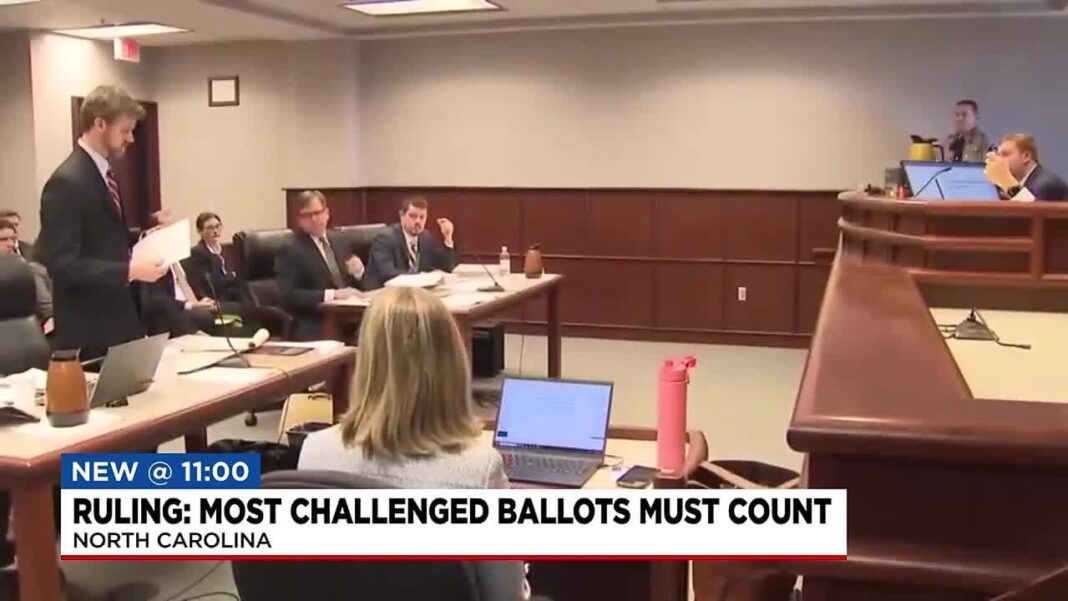Meta’s fate hangs in the balance in the case, which could force it to sell off some of its biggest properties.
The fate of social media giant Meta, billionaire Mark Zuckerberg’s primary company, is on the line as a trial begins in Washington on Monday to determine whether the tech giant is violating antitrust laws.
The Federal Trade Commission, which has spent the past six years investigating Meta, is expected to argue before U.S. District Judge James Boasberg that Meta’s acquisitions of Instagram and WhatsApp created an illegal monopoly over social networking.
In the worst-case scenario for Meta, the company could be forced to divest both subsidiaries in a breakup on a scale not seen since the dismantling of AT&T’s telephone empire more than 40 years ago.
Here’s what to know about the most important trial in Meta’s history.
Trial
The case is being held at the E. Barrett Prettyman U.S. Courthouse, just a few hundred yards from the U.S. Capitol.
It’s a bench trial, meaning Boasberg alone will decide the outcome, not a jury. That gives the judge extraordinary influence over the future of one of the most powerful companies in the world.
FTC Claims
The Federal Trade Commission (FTC) investigation into the company began during President Donald Trump’s first term and was aggressively pursued under President Joe Biden.
The FTC has taken issue with the company’s 2012 purchase of the image-based app Instagram and 2014 purchase of WhatsApp, a messaging platform that’s particularly popular outside of the United
During the trial, the FTC is expected to argue that Meta’s purchase of the two platforms was part of a calculated effort to “buy or bury” any potential rivals to Facebook.
In a 2008 email presented by the FTC in a past federal court filing, Zuckerberg wrote, “It is better to buy than compete.”
FTC Chairman Andrew Ferguson has said that his agency is “raring to go” against Meta but also that he’ll follow lawful orders from the president to close the case.
Meta’s Response
Meta has consistently denied the allegations of operating an illegal monopoly and has argued that the FTC’s case is both outdated and out of step with current market realities.
Christopher Sgro, a spokesperson for Meta, said in a statement to Politico that the acquisitions were approved by regulators at the time and that the company has always operated competitively. He cited the presence of competitors such as TikTok, YouTube, X, iMessage, and others.
Sgro said the lawsuit “defies reality” and that it would send a message that “no deal is ever truly final” if Boasberg sides with the FTC.
The company has also suggested that dismantling its integrated platforms would harm users, who’ve come to rely on interconnected services and shared back-end systems.
By Joseph Lord





